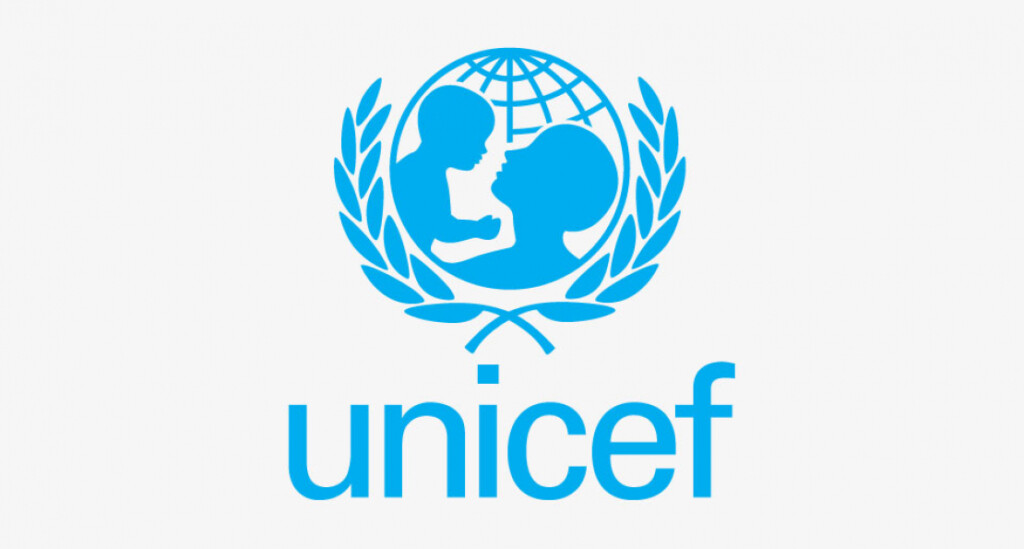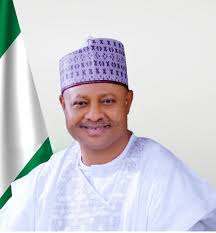As the world marks the 2025 Day of the African Child, the United Nations Children’s Fund (UNICEF) has called on African governments to renew their commitment to making education—particularly early childhood development—a key budgetary priority.
During a press briefing held in Enugu on Monday, the Chief of UNICEF’s Enugu Field Office, Mrs. Juliet Chiluwe, represented by the Communications Officer, Dr. Mrs. Ijeoma Onuoha Ogwe, emphasized the critical need to strengthen foundational and pre-primary learning across the continent.
She described education as a basic right that must be accessible to all children regardless of background, stating that inclusive, equitable early education lays the groundwork for lifelong learning and development.
UNICEF urged African Union member states to allocate at least 20% of their annual national budgets to education. It also called for a minimum of 10% of education spending to be dedicated specifically to primary education and early learning programs.
“The theme for this year, ‘Planning and Budgeting for Children’s Rights’, is a strong reminder for governments to reflect on how far they have come in integrating children’s rights into national plans and financial frameworks over the past 15 years,” she noted.
While acknowledging some progress, UNICEF stressed that significant gaps remain in ensuring that every African child has access to quality, foundational education.
The organization further appealed for targeted investment in the education workforce, including adequate funding for teacher recruitment, professional development, and retention strategies.
“This year’s message is clear: African governments must invest wisely and consistently in early childhood development. It is not just about allocating funds, but about ensuring that resources are effectively used to transform education systems and give every child a fair start in life,” Ogwe added.





